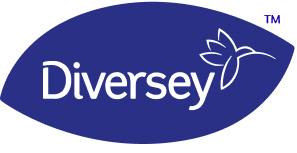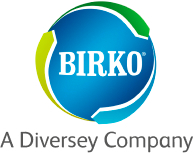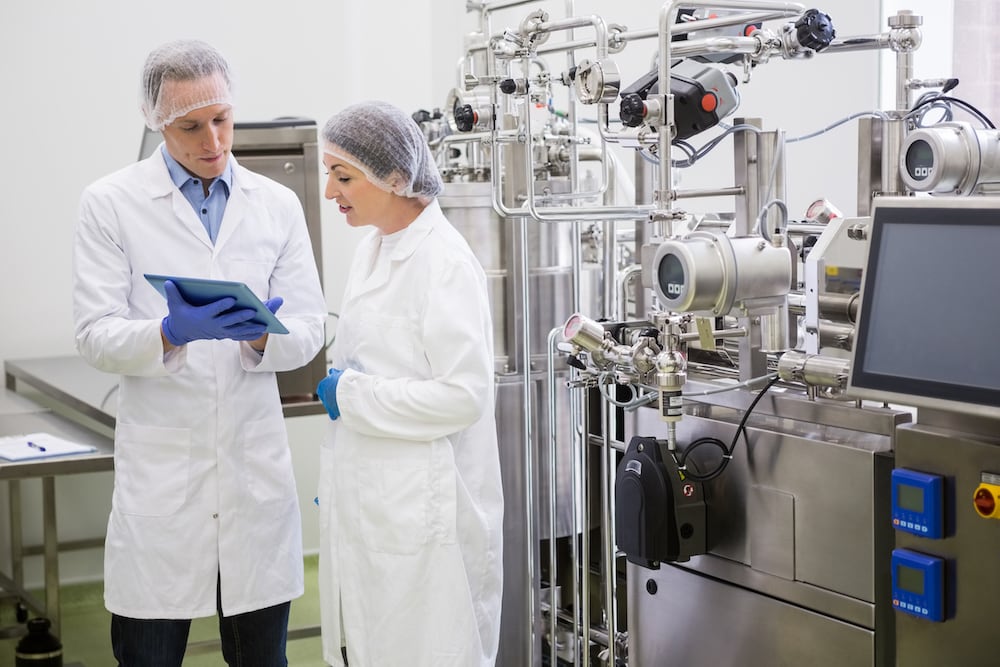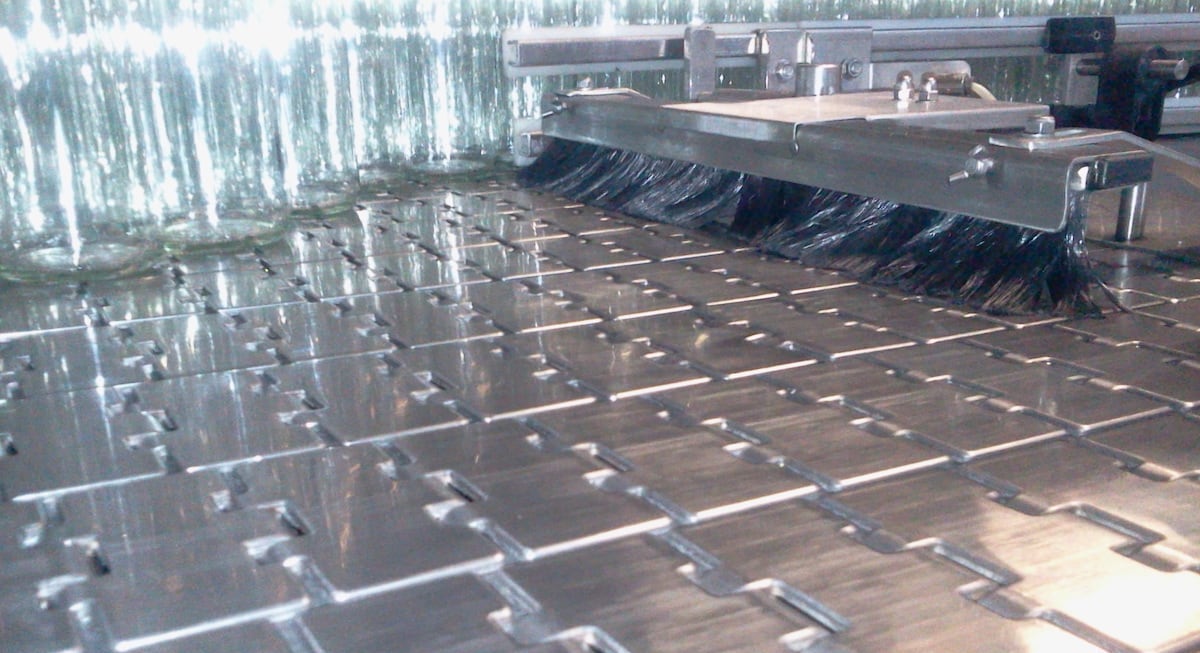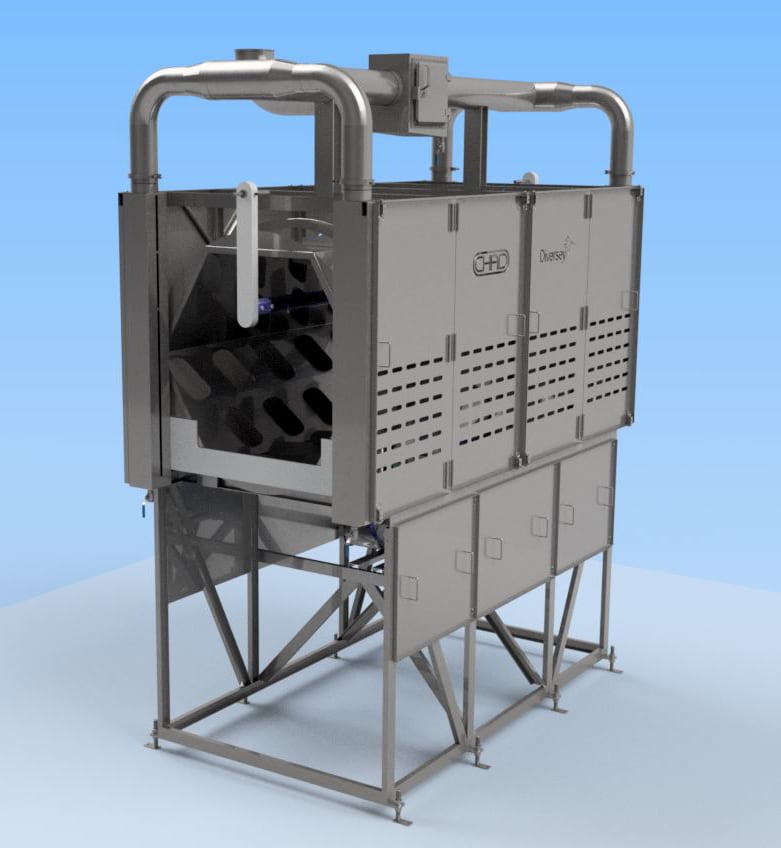The North West Food Processors Association (NWFPA) and the Alliance for Listeriosis Prevention (ALP) recently sponsored a Listeria prevention workshop in Portland, OR. Over 150 representatives from the dairy, IQF, seafood and tree fruit processing industries spent two days listening to speakers and participating in channel-specific breakout sessions, learning and discussing best practices for controlling Listeria in their facilities. The first day’s discussions included updates on the regulatory and legal Regulatory Policy of Listeria monocytogenes in food and, more specifically, the current policy positions of FDA, USDA and Codex. The first day also included a presentation by Dr. Mansour Samadpour, IEH Laboratories and Consulting, on The Epidemiology of Foodborne Outbreaks. This presentation gave attendees an overview of how new molecular techniques, such as whole genome sequencing, impacts the ability to link a food processor to a previously undetected outbreak through their environmental samples. The afternoon session began with an introduction to the Alliance for Listeriosis Prevention. The Alliance is a national coalition of food industry organizations, from all sectors, coming together to address this pressing issue. We were able to hear how the various industries are addressing the issue for their sector. This was followed by the first of the Commodity-Specific Breakout Sessions, where participants from each industry channel were able to discuss sector specific policy issues. The first day ended with a powerful presentation from Stephen Gill of Gill Onions, on Prevention and Control of Listeria in response to their 2012 recall.
The second day’s sessions were focused on solutions. Dr. John Butts and Cliff Coles started the day with an introduction to Principles of Environmental Monitoring and Sanitary Design, which helped the audience understand concepts including What is ‘Seek and Destroy’? How do you manage and interpret the data? How does FDA design a ‘swabathon’ and what lessons can both regulators and industry learn from that? After this, the commodity breakouts separated for more in-depth sector specific discussions on Environmental Monitoring and Sanitary Design, and Best Practices for Sanitation and Troubleshooting Scenarios. Birko’s Dr. Elis Owens led the tree fruit sanitation best practices breakout. The workshop came to a close with presentations on Crises Preparedness (containing contamination to protect your balance sheet) and a discussion on Social Media During a Food Safety Crisis: Asset or Liability?
Birko representatives Dr. Elis Owens and Miles Murphy were pleased to be involved in both the planning of and participation in this dynamic workshop. Attendee participation was strong, and the closed format of the breakout sessions (no regulator or media presence) provided an opportunity for processors to openly discuss their concerns and solutions.
